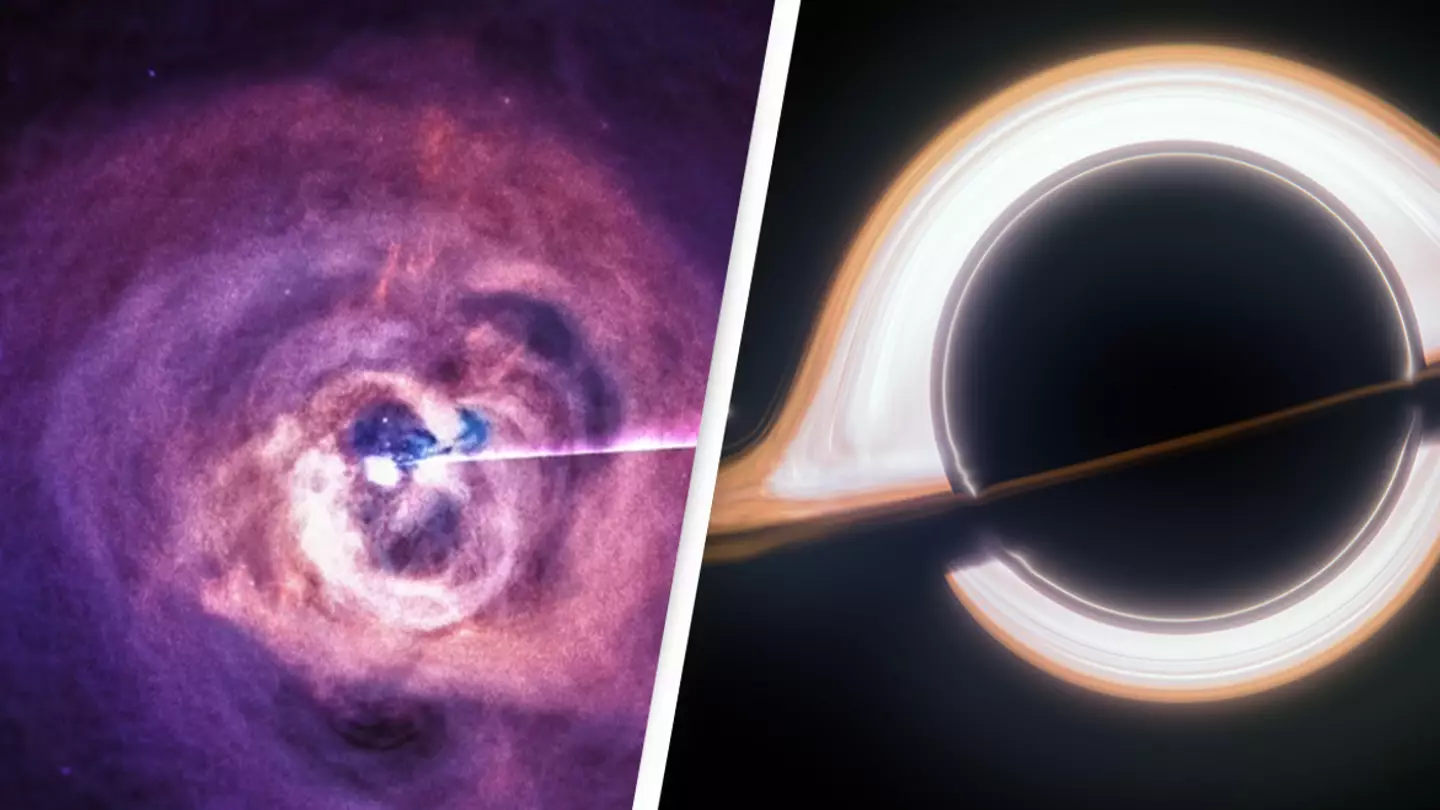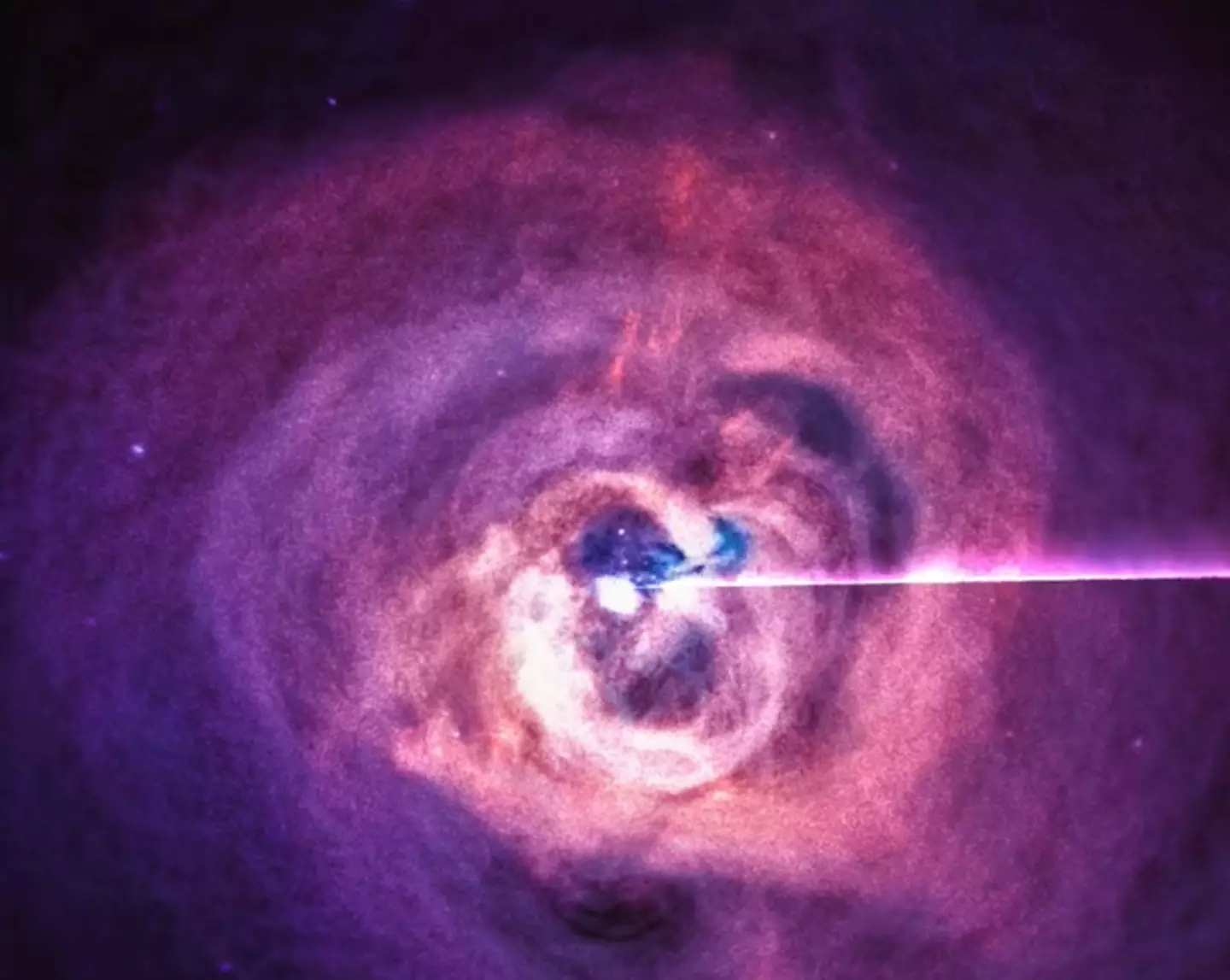
NASA has shared the sound a black hole makes, just in case you really want to amp up your Monday existential dread vibes.
You’re probably familiar with the Alien tagline: “In space no one can hear you scream,” but that doesn’t apply to the noise emitted by black holes, apparently.
The US space agency explained that there’s a ‘misconception’ that there’s no sound in space and has managed to pick up the ‘actual sound’ of a black hole, amplified it and mixed it with other data to create this eerie little remix:
Posting on Twitter, the NASA Exoplanets account wrote: “The misconception that there is no sound in space originates because most space is a ~ vacuum, providing no way for sound waves to travel.
"A galaxy cluster has so much gas that we've picked up actual sound. Here it's amplified, and mixed with other data, to hear a black hole!”
Advert
In a statement released earlier this year, NASA gave more details on how they managed to create the ‘remix’ of the noise of the black hole in the centre of the Perseus galaxy cluster.
The agency explained that the black hole had been associated with sound since 2003, adding: “This is because astronomers discovered that pressure waves sent out by the black hole caused ripples in the cluster’s hot gas that could be translated into a note – one that humans cannot hear some 57 octaves below middle C.
"Now a new sonification brings more notes to this black hole sound machine.

Advert
“In some ways, this sonification is unlike any other done before because it revisits the actual sound waves discovered in data from NASA's Chandra X-ray Observatory.”
NASA was able to use sonification to make the sounds available in a pitch that humans can hear - as the clip above reveals.
And if you’re interested in exactly how they managed that, then please hold onto your hats for the science bit.
"The sound waves were extracted in radial directions, that is, outwards from the centre,” NASA continued.
Advert
“The signals were then resynthesised into the range of human hearing by scaling them upward by 57 and 58 octaves above their true pitch.
"Another way to put this is that they are being heard 144 quadrillion and 288 quadrillion times higher than their original frequency."
If you have a story you want to tell, send it to UNILAD via [email protected]
